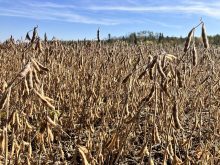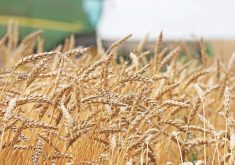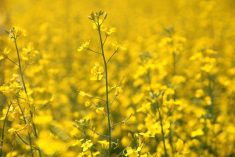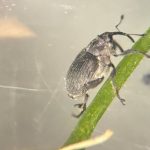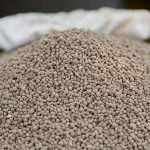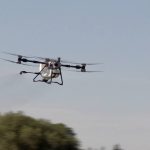Bayer CropScience has picked up registration for a new seed-piece treatment to suppress damage caused by wireworm in potato crops.
Bayer said in a release Wednesday that its Group 4 liquid clothiandin product Titan will be available for the 2009 season as the only seed-piece treatment registered for suppression of wireworm.
“Protecting potatoes from the moment the seed piece hits the ground gives growers a head start towards a more productive crop,” David Kikkert, Bayer’s portfolio manager for horticulture, said in the release.
Wireworm, the larval stage of click beetles, are becoming “more evident in potato fields across Canada,” the company said.
Read Also
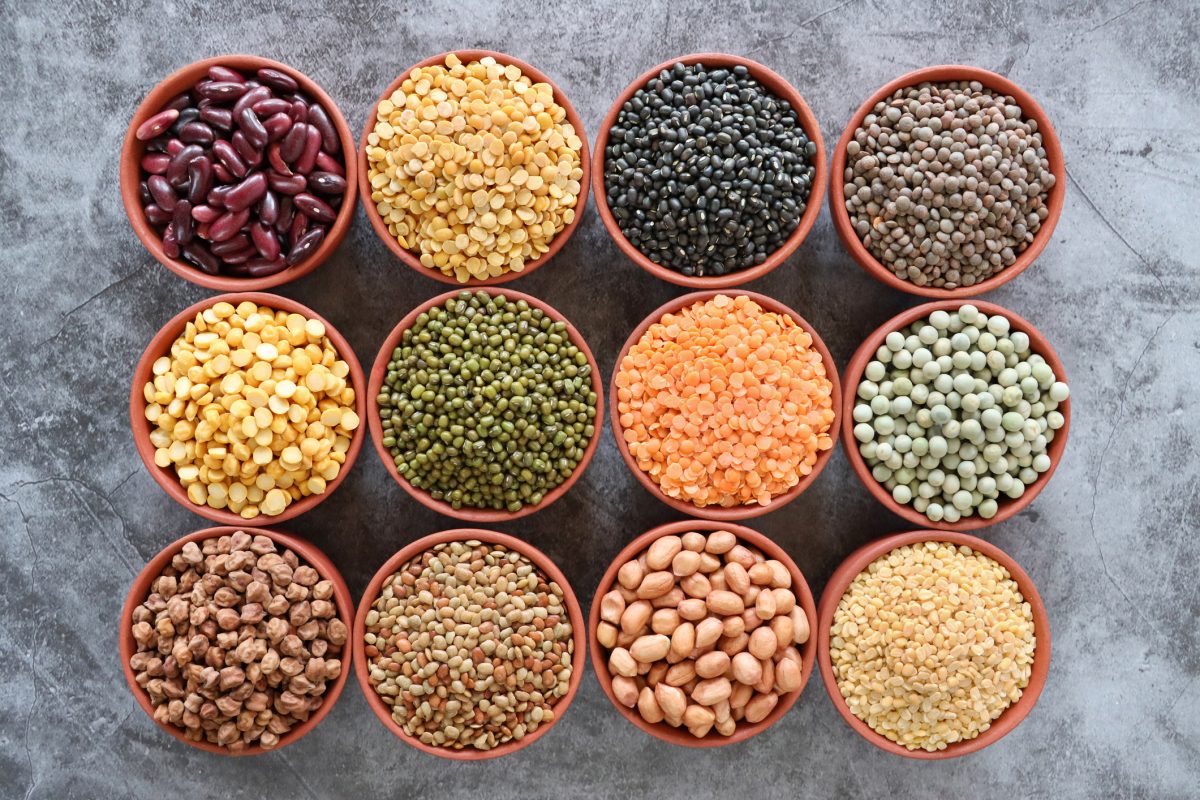
Pulse weekly: USDA to buy US$75 million in pulses as part of support package
Pulse growers in the United States have a new market after a recently announced program from the U.S. Department of Agriculture allocated US$75 million to purchase peas, lentils, beans and chickpeas.
The larvae are attracted to carbon dioxide that’s emitted as seed-piece tubers begin decomposing. But when wireworm ingest Titan, they stop feeding, the company said.
“In turn, developing daughter tubers are protected from wireworm damage that (would otherwise) cause processing and table quality issues and open the path for secondary diseases including blackleg and rhizoctonia.”
The company has an additional label submission for Titan at Health Canada’s Pest Management Regulatory Agency as well, with which “we expect to extend Titan’s reach to cover other key foliar pests in potatoes too,” Kikkert said.
That submission is for Titan’s registration as a control for foliar pests such as Colorado potato beetle, aphids (potato, green peach, foxglove and buckthorn), potato leafhopper and potato flea beetle, the company said.
Clothiandin is already an active ingredient in Bayer products Prosper, a seed treatment for canola, and Poncho, a seed-applied insecticide for corn.



